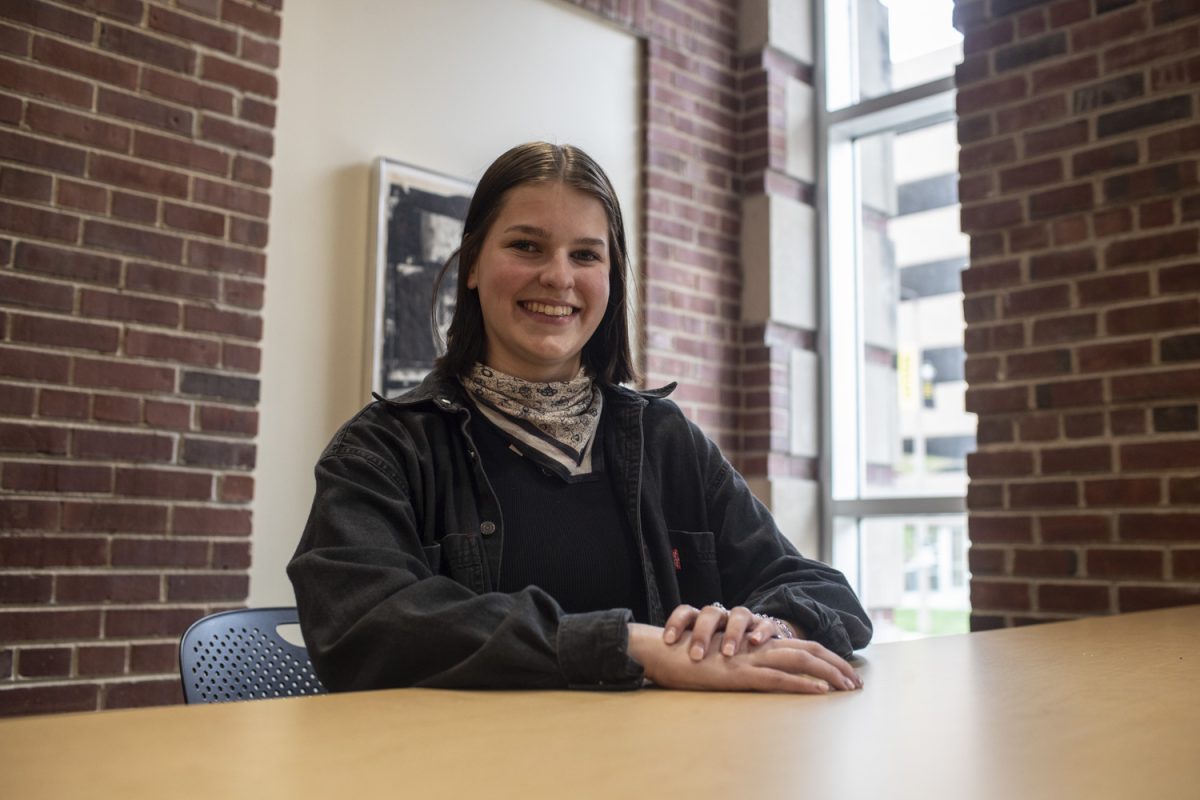Tonight, an award-winning playwright is among us. After considering the countless accolades Tony Kushner has received — a Pulitzer Prize for drama, an Emmy Award, two Tony Awards, three Obie Awards, and an Oscar nomination, among others — “award-winning” begins to sound like an understatement.
Kushner will give the 2009-2010 Distinguished Lecture at 7:30 p.m. today in the IMU Main Lounge, sponsored by the University Lecture Committee and supported by the F. Wendell Miller Fund. The author of the epic play Angels in America: A Gay Fantasia on National Themes will answer questions from former Lecture Committee member Kelly Johnson.
Although best known for Angels in America, Kushner is internationally recognized for his remarkable willingness to tackle social and political hot topics and translate them to the main stage.
Some other plays include his 2006 musical Carolina, or Change, A Bright Room Called Day, Slavs!, Hydrotaphia, and Homebody/Kabul.
The UI theater community has long-standing ties with Kushner’s work. The University Mainstage performed Millennium Approaches, the first of the two-part Angels in America, in March 2004.
Kushner was also a UI theater guest artist in the early 1990s, around the time he had finished what was to become one of the most critically acclaimed works of the 20th century.
Kushner recalled fondly his visit to UI, at which, he said, he met now close friend and fellow playwright Naomi Wallace, who was then a student in his class.
Although tonight’s event is formally called a lecture, audience members can expect more of an engaging dialogue about contemporary theater.
“For me, theater is mostly a place of a kind of enormously rich and sexy and intellectually complicated and emotionally complicated contemplation and dreaming,” Kushner said. “If a play starts to feel like a lecture, I think it’s legitimate for an audience to say, ‘Well, why aren’t I attending a lecture?’ or to feel actually kind of cheated.”
— by Dee Fabbricatore






